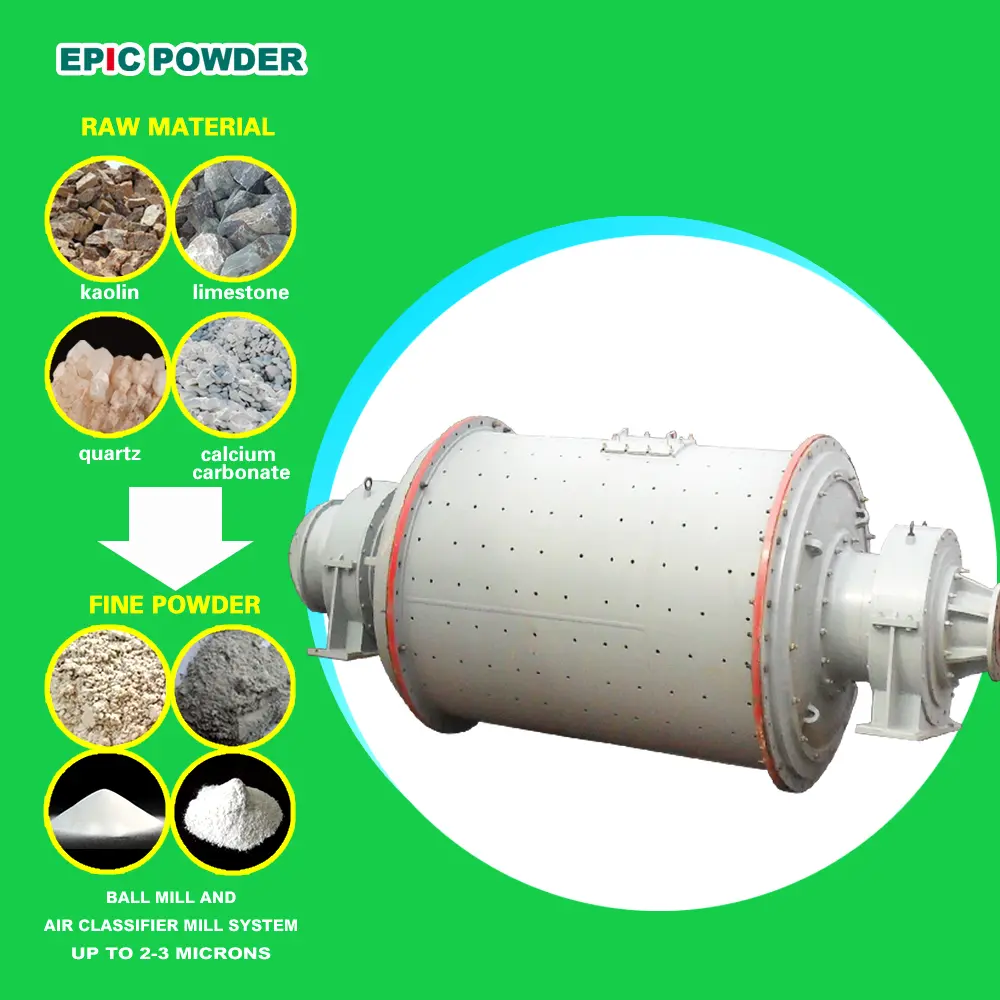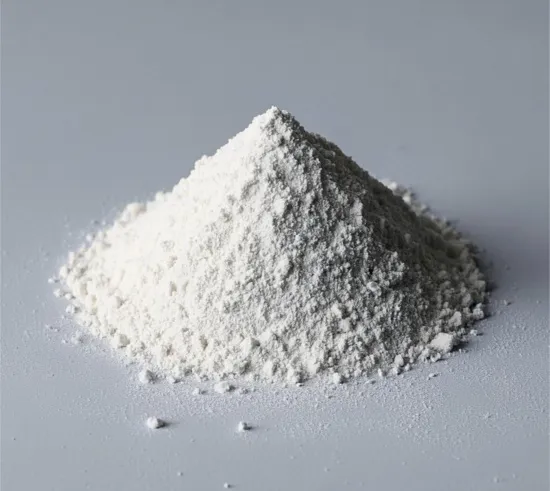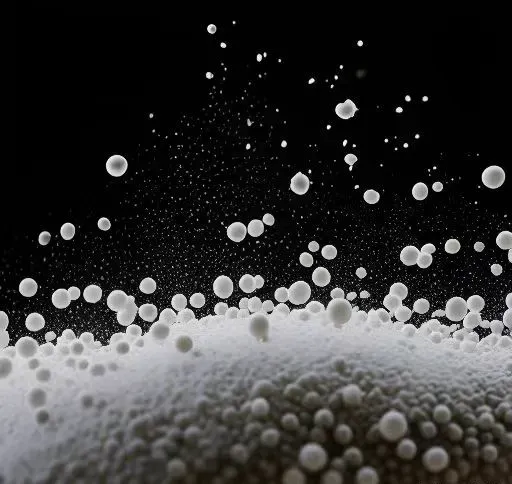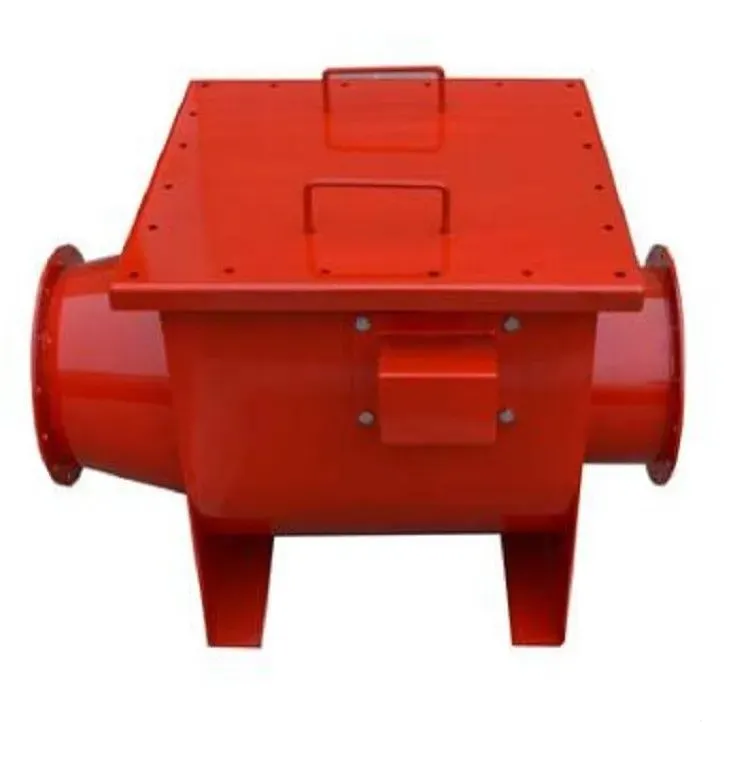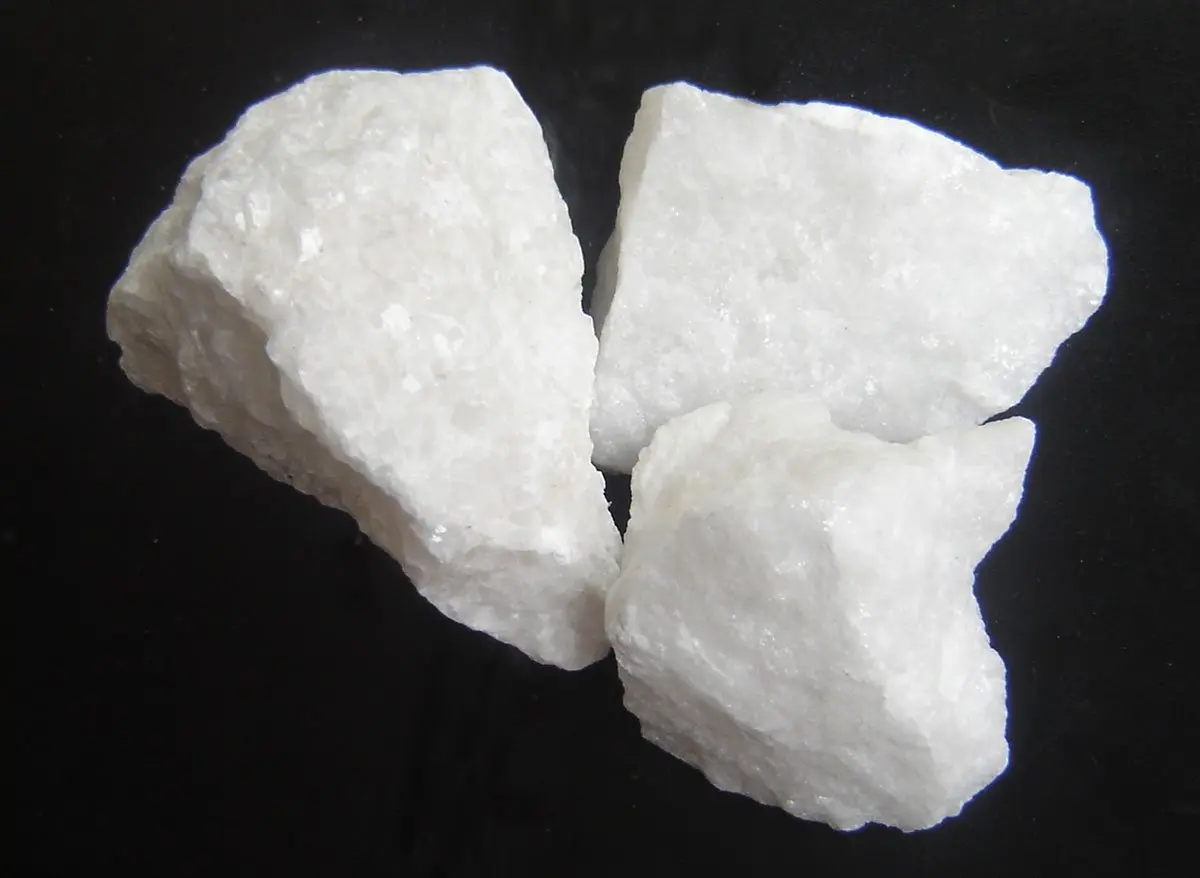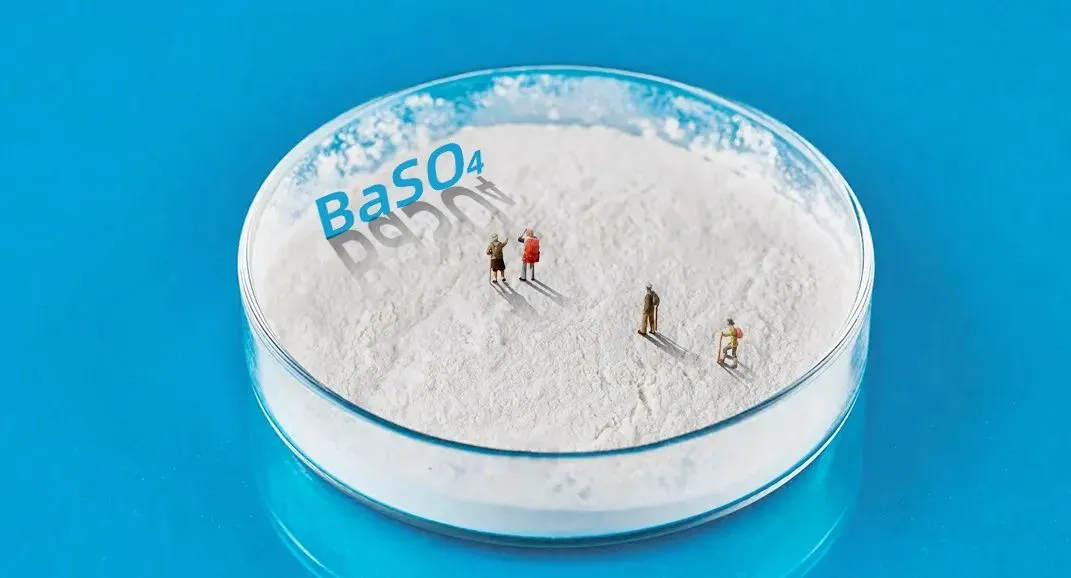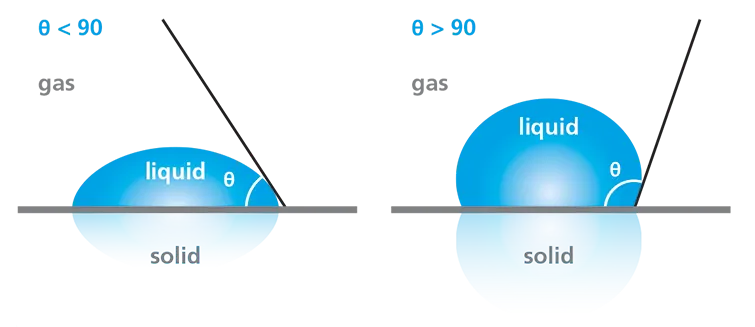The effect of temperature on the uniformity of particles during precipitation is mainly reflected in the following aspects:
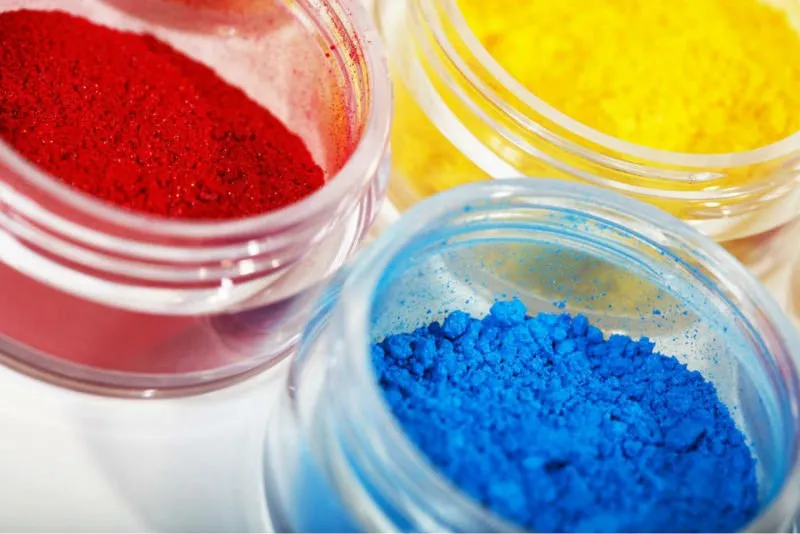
Nucleation Rate and Nucleus Size:
An increase in temperature usually accelerates the movement of molecules or ions, which can increase the nucleation rate. At lower temperatures, the nucleation process may be slower. But it is more conducive to the formation of smaller and more uniform nuclei. On the contrary, if the temperature is too high, rapid nucleation may lead to the simultaneous formation of a large number of tiny nuclei. It can compete with each other during the growth process, resulting in uneven particle size.
Crystal Growth:
Temperature affects the growth rate of the precipitate. At an optimal temperature, the crystals have enough time to grow in an orderly manner. They can form larger and more uniform particles. If the temperature is too high, it may accelerate the growth process. This prevents the crystals from growing evenly and resulting in particles of varying sizes.
Solubility and Supersaturation:
Temperature influences the solubility of the precipitate. In some casos, increasing the temperature increases solubility and reduces supersaturation. It may slow the precipitation process and promote the formation of more uniform particles. However, in other cases, a temperature increase may lead to a precipitation rate that is too fast. It is not conducive to uniformity.
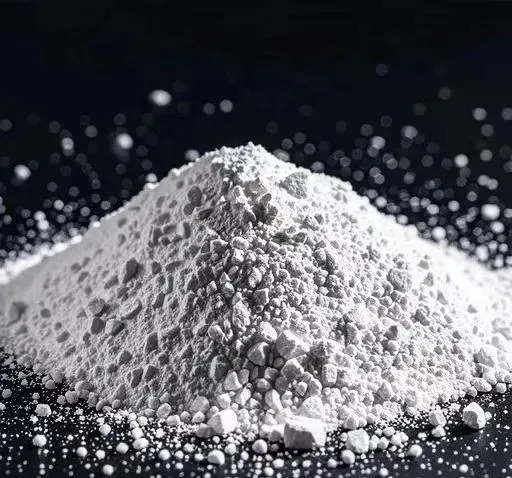
Chemical Reaction Rate:
An increase in temperature speeds up chemical reactions, including precipitation reactions. However, if the reactions occur too quickly, it may lead to insufficient precipitation or the formation of unstable intermediates during the precipitation process. It can affect the uniformity of the final particles.
Agitation Effect:
Although not directly controlled by temperature, temperature influences the physical properties of the solution, such as viscosity. It in turn affects stirring efficiency. Proper agitation at the optimal temperature helps evenly disperse the precipitate, prevents local oversaturation, and promotes uniform particle growth.
Thermodynamic Stability:
The formation and stability of precipitates vary at different temperatures. It may affect the precipitation path and indirectly influence particle uniformity.
In summary, by precisely controlling the reaction temperature, we can balance the nucleation and growth rates, avoid particle agglomeration caused by overly rapid precipitation, and ensure that the crystals have sufficient time to grow evenly. This helps achieve the goal of improving particle uniformity. In experiments, temperature gradient experiments are often conducted to identify the optimal temperature conditions.
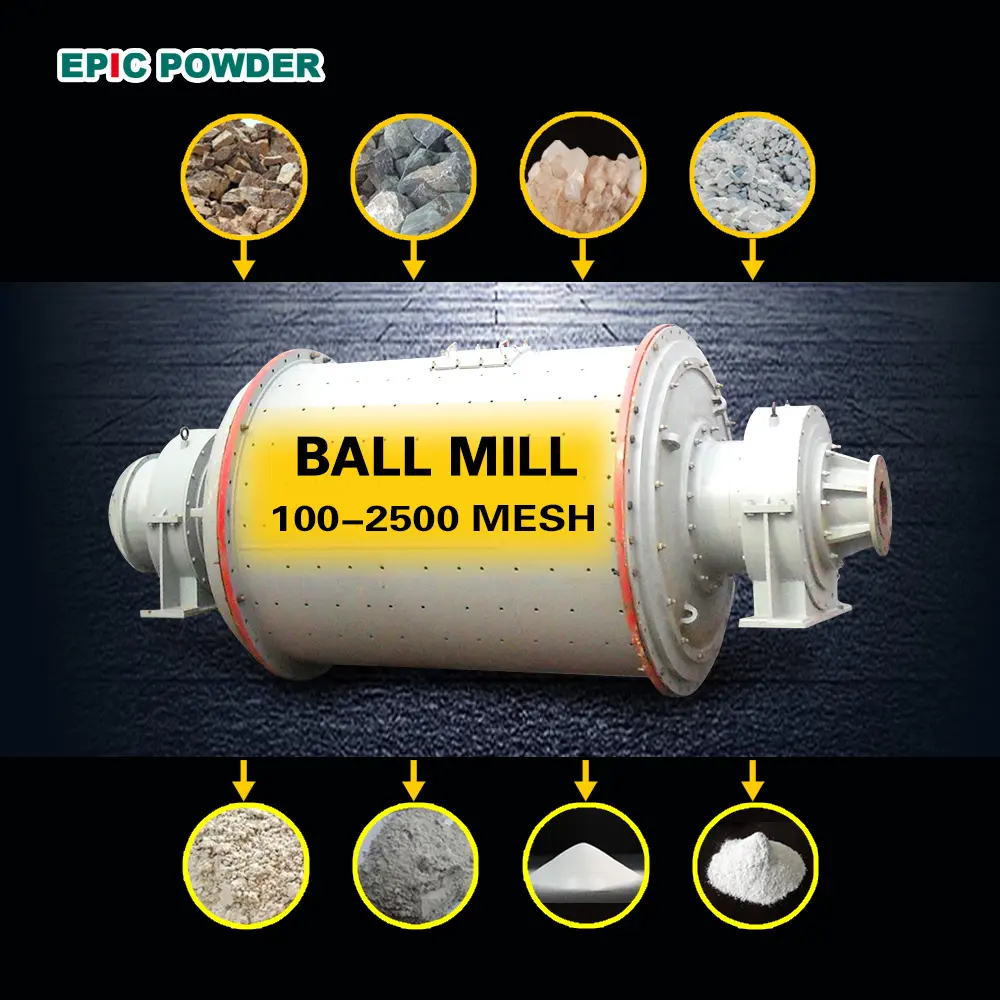
The Epic Powder Milling Machines stand out as the ideal choice for high-demand powder processing, offering exceptional grinding efficiency and precise particle size control. Whether it’s kaolin, chemical materials, or specialty powders, Epic Powder delivers efficient, energy-saving, and environmentally friendly solutions.
Choose Pó épico for quality and reliability. Contact us today for a customized solution and experience industry-leading powder processing technology!

